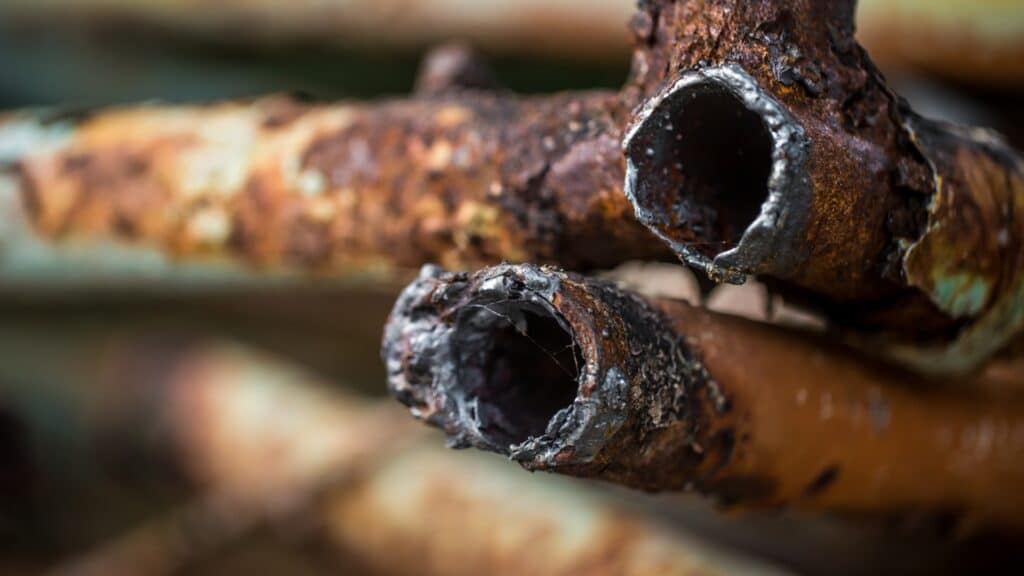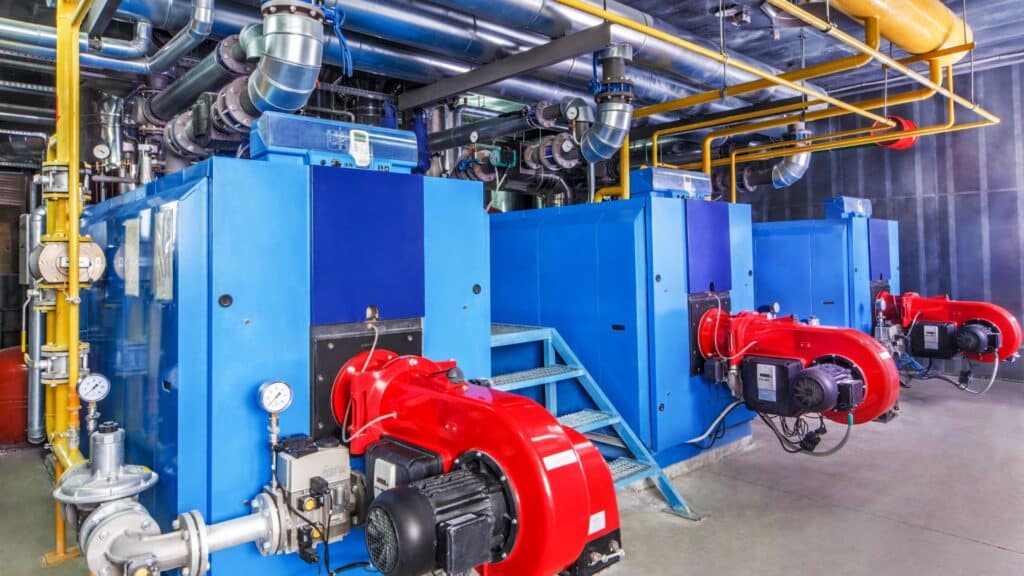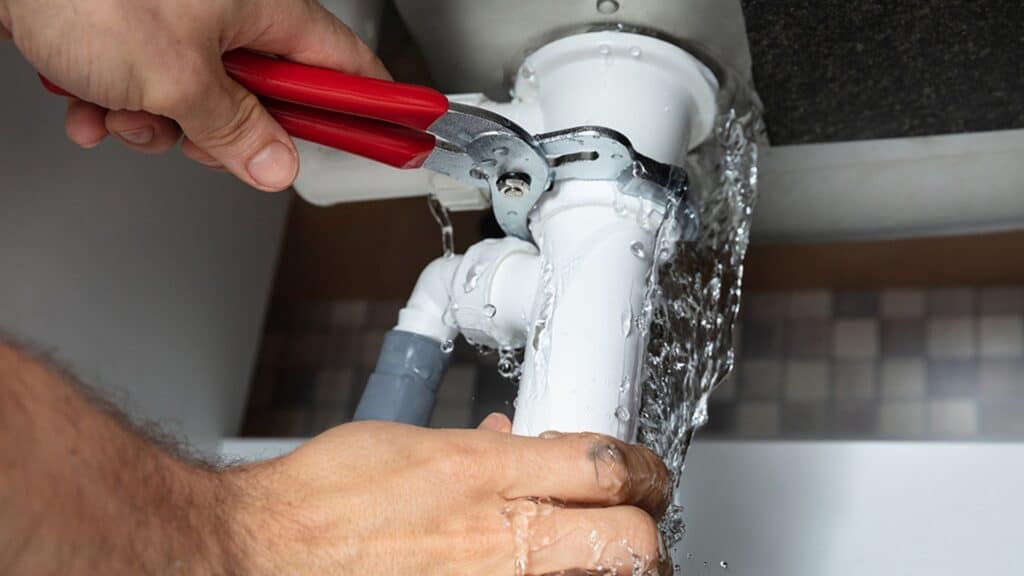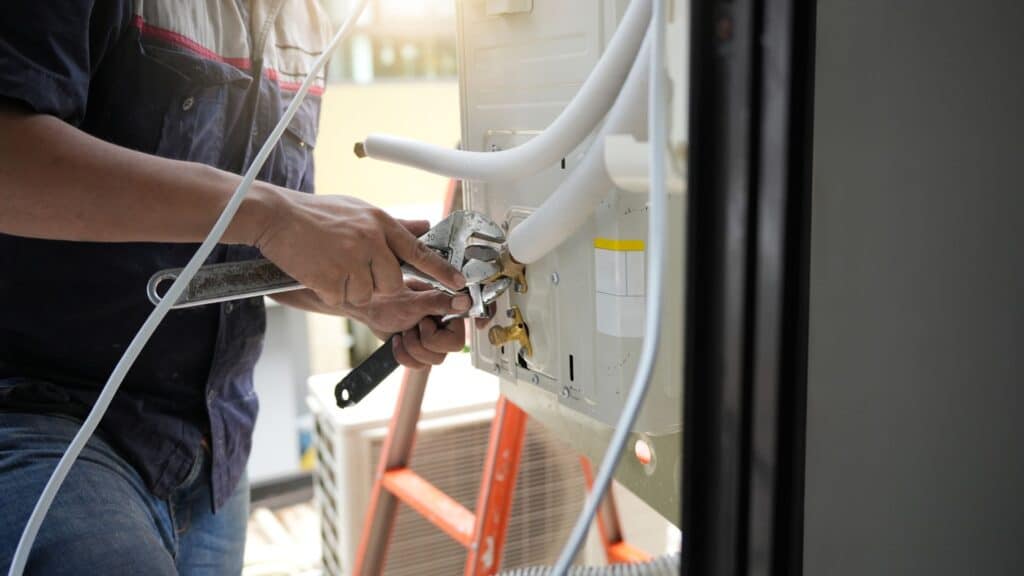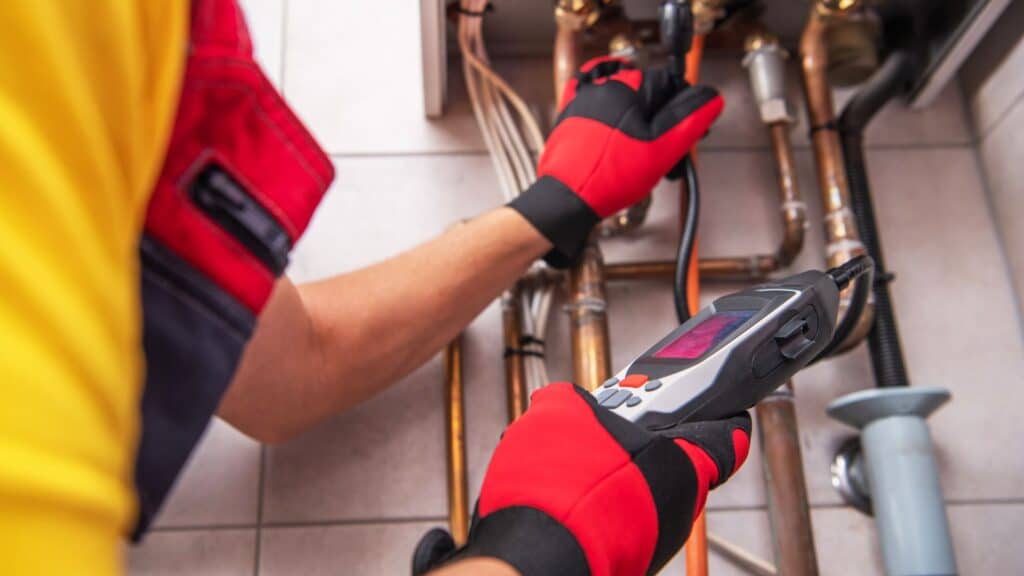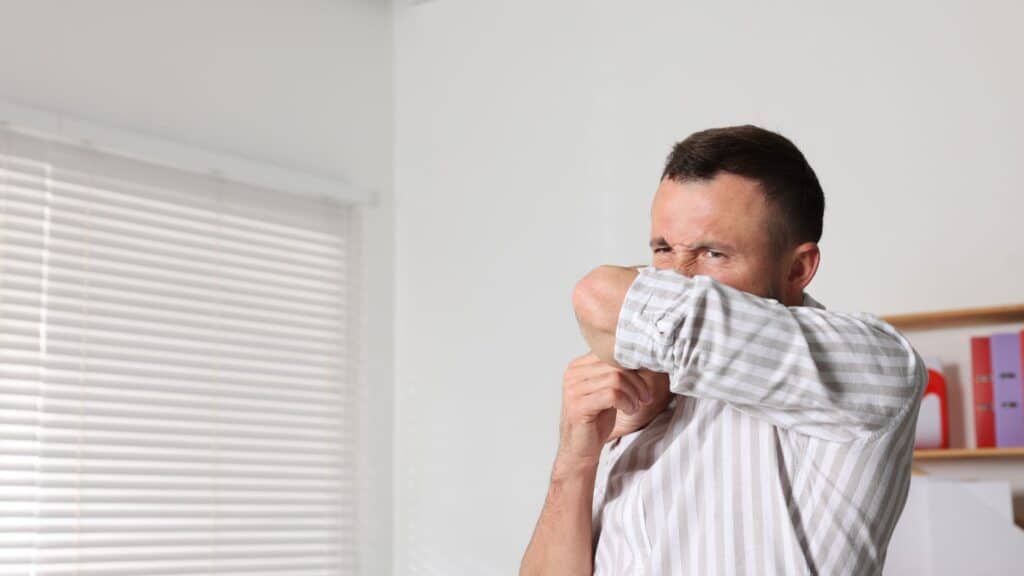Corroded pipes are a common issue in many homes and commercial properties. They can lead to a variety of problems, from minor inconveniences to major structural damage.
Understanding what corroded pipes are and how they affect your plumbing system is crucial. It’s the first step towards addressing the issue effectively.
This article aims to provide a comprehensive guide on recognizing and replacing corroded pipes. We’ll delve into the signs of corrosion, the risks associated with ignoring it, and the causes behind it.
We’ll also discuss when it’s time to call in professionals like AAA Heating and Plumbing. Their 24/7 emergency plumbers are equipped to handle water damage and pipe repair swiftly and efficiently.
By the end of this article, you’ll have a better understanding of how to protect your property from the damaging effects of corroded pipes.
Understanding Corroded Pipes
Corroded pipes can compromise your plumbing system’s efficiency and safety. When pipes corrode, their inner walls degrade, leading to various issues.
Corrosion often results from chemical reactions between the pipe material and the water. Left unchecked, it may cause significant plumbing system failures and health risks.
What Are Corroded Pipes?
Corroded pipes are pipes that have deteriorated due to chemical reactions. This process can cause the pipe walls to thin and weaken over time.
The corrosion often results from factors like water chemistry, pH levels, and environmental conditions. Identifying corroded pipes early can prevent costly damage and ensure water quality.
The Risks of Ignoring Corroded Pipes
Ignoring corroded pipes can lead to serious consequences. Deteriorating pipes may develop leaks, causing water damage to your property.
Leaky pipes also elevate the risk of mold growth, posing health concerns. The longer corrosion goes unattended, the more severe these risks become.
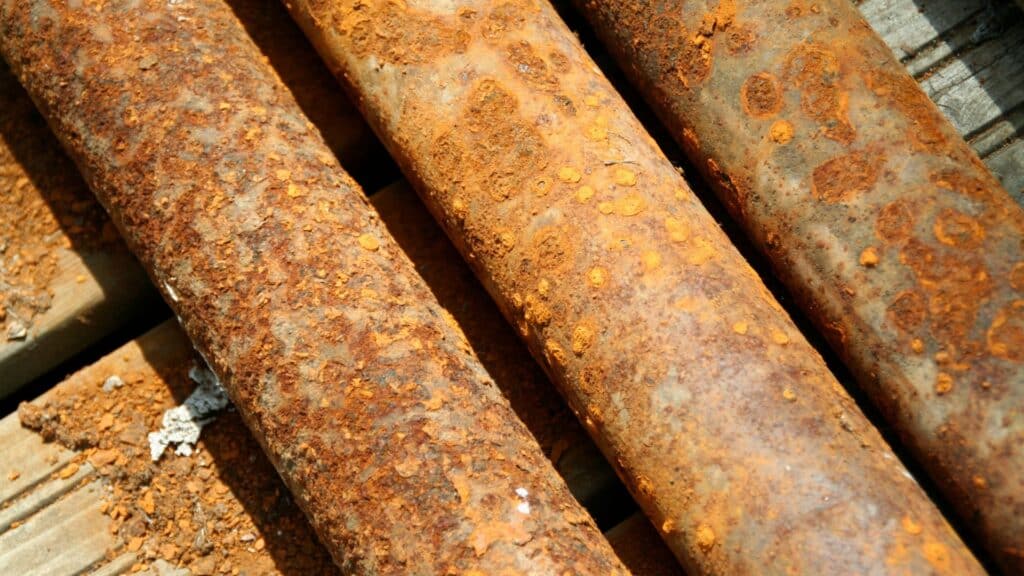
Identifying Signs of Corroded Pipes
Recognizing the early signs of corroded pipes can save you from major headaches. The symptoms often start subtly but can escalate quickly.
Regular checks on your plumbing system can help catch these signs early. Doing so allows you to take action before serious damage occurs.
Discoloration and Stains
If your water is discolored, it might signal corroded pipes. Rust and mineral deposits can turn water brownish.
Discoloration often extends to visible stains in sinks and tubs. These are clear indicators that your pipes need attention.
Water Pressure and Quality Issues
A sudden decrease in water pressure is another red flag. Corrosion can restrict water flow, affecting pressure levels.
Moreover, corroded pipes can negatively impact water quality. You might notice unusual tastes or smells as a result.
Leaks and Water Damage
Leaks are a serious consequence of corroded pipes. Even small ones can lead to substantial water damage over time.
These leaks may create wet spots or stains on walls and ceilings. Addressing them quickly can prevent extensive repairs.
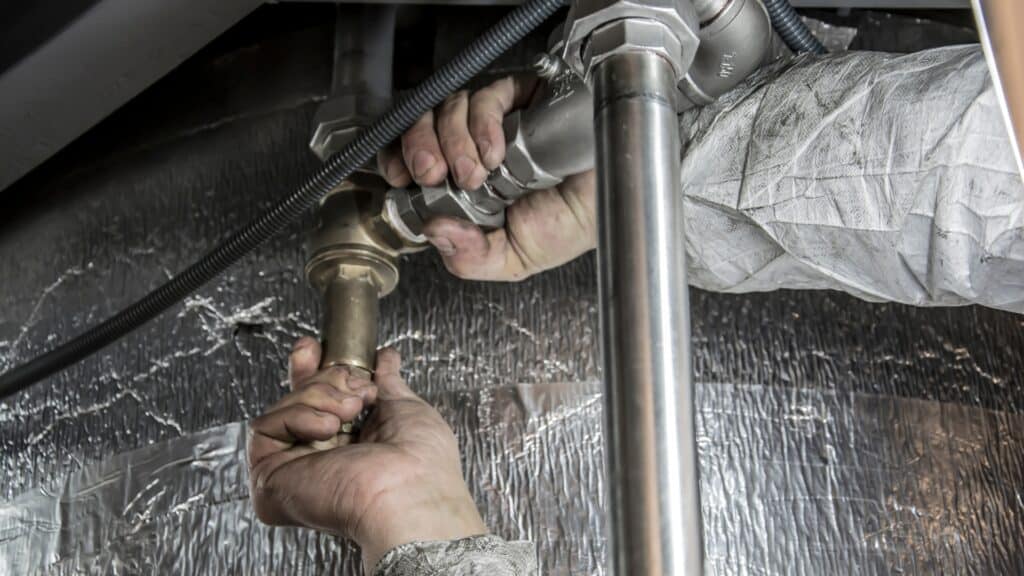
Causes of Pipe Corrosion
Several factors contribute to pipe corrosion, compromising their integrity. Understanding these causes helps in implementing preventive measures.
Corrosion doesn’t occur overnight, but identifying the factors can help mitigate damage.
Water Chemistry and Temperature
The chemical composition of water plays a crucial role in corrosion. High acidity levels can accelerate the process.
Temperature also influences the rate of pipe deterioration. Hot water can corrode pipes faster, leading to potential failures.
Physical and Environmental Factors
Physical stress on pipes, such as vibrations, can foster corrosion. Over time, this weakens the structure of the pipes.
Additionally, environmental factors like moisture and soil composition can also contribute. External conditions often dictate the longevity of plumbing systems.
When to Call a Professional: AAA Heating and Plumbing
Recognizing when to call a professional is crucial for managing corroded pipes. DIY fixes can sometimes worsen the problem.
AAA Heating and Plumbing offers expert services to tackle pipe corrosion. They understand the urgency of such issues.
The Role of 24/7 Emergency Plumbers
Emergencies can occur at any time, necessitating immediate action. A 24/7 emergency plumber ensures rapid response and minimizes water damage.
Their swift intervention can prevent small issues from escalating into costly repairs. Immediate attention is vital in emergencies.
Calgary Emergency Plumbers' Expertise
Calgary Emergency Plumbers specialize in resolving complex plumbing issues. Their experience equips them to handle diverse pipe problems efficiently.
They use advanced technology to assess and fix corroded pipes. This expertise saves you time, stress, and money.
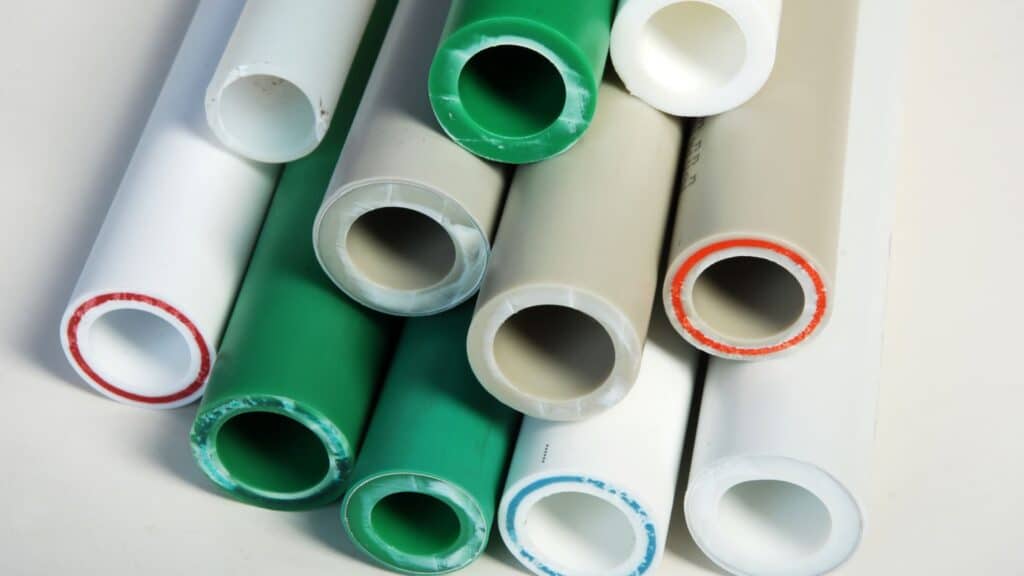
Repairing and Replacing Corroded Pipes
Addressing corroded pipes promptly is essential to prevent further damage. There are various methods to repair or replace the affected areas effectively. It’s crucial to assess the extent of corrosion before deciding on the approach. Thorough inspections can guide whether a repair suffices or if full replacement is necessary.
In many cases, replacing severely corroded pipes is the best long-term solution. While it may seem costlier upfront, replacement offers peace of mind. Ensuring the longevity of your plumbing system can save time and money in the future.
Pipe Repair Solutions
Repair solutions vary depending on the corrosion’s severity and location. Minor corrosion might be resolved with patching or sealing. Advanced tools and technologies enable precise repairs with minimal disruption.
Professional plumbers can provide tailored repair solutions to suit your specific needs. Consult an expert to determine the most appropriate method for your situation.
Choosing Pipe Replacement Materials
Selecting the right materials for pipe replacement is vital for durability. Copper and PEX are popular options due to their resilience. Copper is known for its longevity and resistance to corrosion. Meanwhile, PEX offers flexibility and is cost-effective.
Discuss the pros and cons of each material with your plumber. They can recommend the best option based on your budget and home requirements.
Preventing Future Corrosion
Preventing pipe corrosion starts with proactive measures. Regular upkeep is crucial to extend your plumbing system’s life. Proper maintenance can significantly reduce the risks associated with pipe corrosion.
Incorporating modern technologies can also strengthen your defense against corrosion. These advancements make it easier to monitor and protect your pipes effectively.
Regular Maintenance and Inspections
Consistent maintenance and inspections are fundamental to preventing corrosion. Routine checks help spot early warning signs before they escalate. Identifying issues early allows for cost-effective solutions.
Engage professional plumbers for detailed inspections. They have the expertise to catch problems that might go unnoticed by the untrained eye. Regular checks ensure your plumbing system stays in top condition.
Technological Advances in Corrosion Prevention
Technological innovations enhance our ability to prevent corrosion. Smart sensors and monitoring systems can detect changes in pipe conditions. These tools provide real-time data, allowing quick responses to potential problems.
Utilizing advanced anti-corrosion coatings can also extend pipe longevity. These innovations reduce the need for frequent repairs, saving both time and money in the long run.

